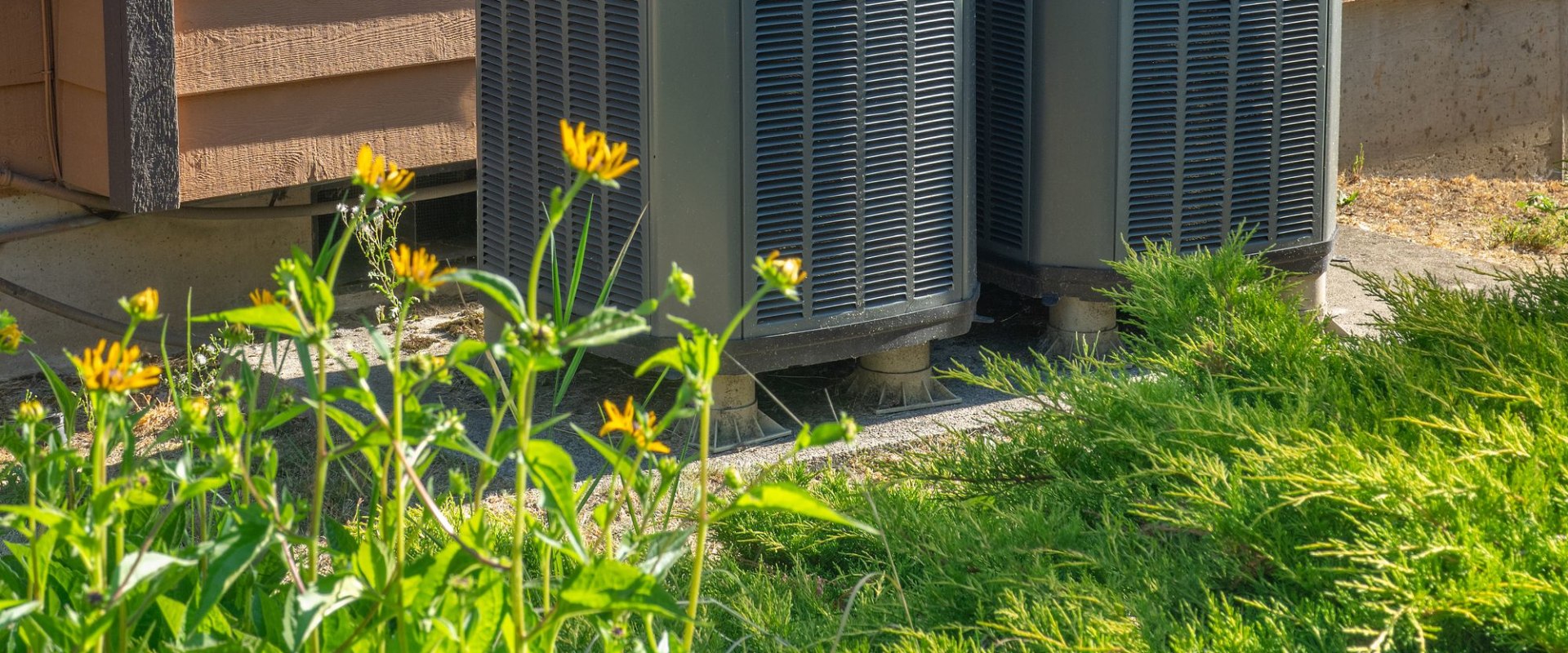When it comes to heating and cooling your home, there are a variety of HVAC systems to choose from. From standard heat pumps to split systems with air controllers, boilers with radiant heating systems, electric ovens and AC split systems, Trane, Rheem, Lennox, York, Ruud, Amana and Heil - each of these systems has its own advantages and disadvantages. The standard heat pump and air handle split system is a popular option due to its energy efficiency and the fact that it does not require any duct system.
Trane
is known for its reliability and efficiency, but its product numbers can be difficult for consumers to follow.Rheem is one of the most energy efficient options available to homes and is more affordable than Trane.
Lennox
HVAC systems are some of the quietest on the market.York
has a long history of cooling major locations such as the Sydney Opera House and Empire State Building.Ruud
offers some of the most affordable gas ovens and air conditioners on the market.Amana's Million-Air stainless steel heat exchanger has a lifetime warranty.
Heil
is owned by HVAC giant Carrier and offers oil and gas furnaces, air conditioners and heat pumps. Bryant's Evolution furnace series has one of the highest ratings in the industry for the amount of heat it produces for every dollar of fuel consumed. Goodman is one of the youngest HVAC brands on the market and offers a large line of heating and cooling systems.VRF systems are more ideal for medium sized spaces. When selecting an HVAC system for your home, it is important to consider your budget, energy efficiency needs, noise levels, warranty coverage, installation requirements and maintenance needs. The best local HVAC companies will offer insurance for technicians in case anything goes wrong. It is also important to note that you do not necessarily need to replace the entire system right away if there are any problems; homeowners often replace their HVAC systems in parts as needed. To make sure you get the best HVAC system for your home, it's important to do your research and compare different models from different brands. Consider factors such as energy efficiency ratings, noise levels, warranty coverage, installation requirements and maintenance needs before making a decision.
Additionally, make sure you hire a qualified technician who can install your system correctly and safely. By taking all these factors into consideration when selecting an HVAC system for your home, you can ensure that you get the best system for your needs at an affordable price.


